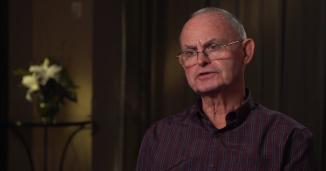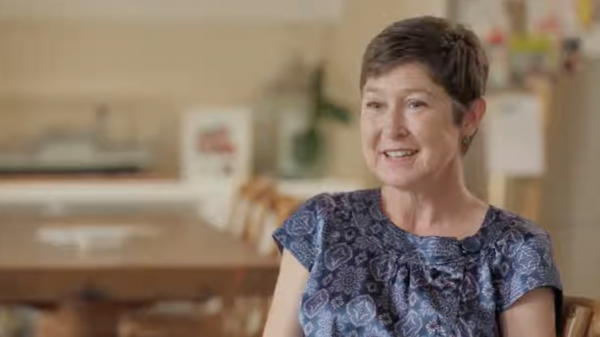Role of health practitioners
View transcript
Role of Health Practitioners
Linda Bradbury
Nurse Practitioner, Rheumatology
Actually a GP is really important as part of your ongoing care. The GP can actually be the key if you like, to pointing in the right direction for many different services that you may require as you manage your disease. So there are ways of doing this so there are care plan managements that you can organise with your GP which are really important. They can also organise things and people like dietitians and occupational therapists, psychologists, physiotherapists; all of which can be really important in your ongoing management. They can be the middle person to coordinate all of this for you.
Dr. Marina Kang
General Practitioner
So the healthcare team definitely would not be there without the patient so the patient is the primary in that healthcare team. Then there’s a rheumatologist, there’s a general practitioner, there’s the physiotherapist who helps them especially with their physical therapy which is vitally important. The exercise physiologist also helpful with their posturing perhaps in the way they do things. The occupational therapist with a home assessment, making sure that their home is a safe and functional place for them to be. A dietitian to help them with their weight management and sound nutrition which is very important. Especially with psoriatic arthritis a dermatologist perhaps even with ankylosing spondylitis an ophthalmologist but the simpler the better. And the team will change over time so depending on the patient’s needs the team may increase in size or become more simplified with time.
Suzie Edward May
Author of ‘Arthritis, pregnancy and the path to parenthood’ (rheumatoid arthritis)
Your team is going to evolve and it’s going to change through your arthritis journey. So when you’re first diagnosed the most important people may be just your rheumatologist and your GP to get the disease under control. But over time as you learn to live with your arthritis and as your illness becomes more stable, you might then incorporate other people into your team that can help you at different stages of the process.
Matthew Leibowitz
(ankylosing spondylitis)
The team that I have assisting me with my AS has changed over the journey. Earlier on it was my physio, a doctor for referrals and my rheumatologist for diagnosis and monitoring. It changed; at different points I’ve seen different people. Since I was diagnosed it’s really only been a physio and my rheumatologist and actually more recent times actually haven’t seen the physio at all. I haven’t probably been once in the last three years. The journey for me has been about different people at different times and different needs. As you move from pre-diagnosis to diagnosis and beyond, your needs will shift and every person’s different. Some people will see a nutritionist at one point in time just to get on the right path with eating.












